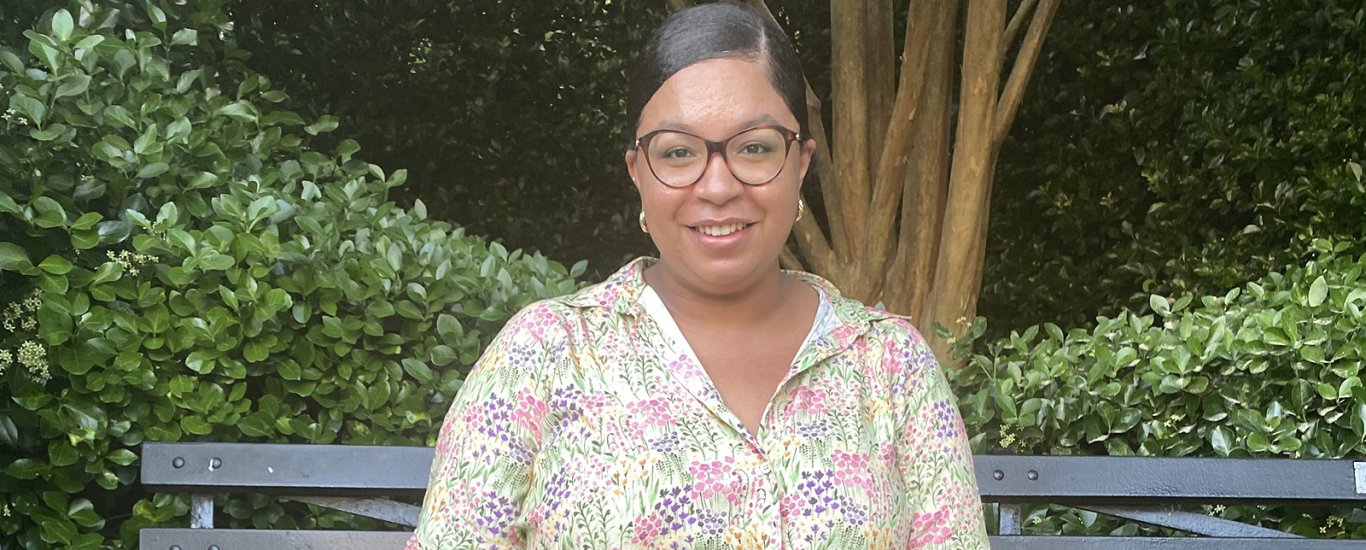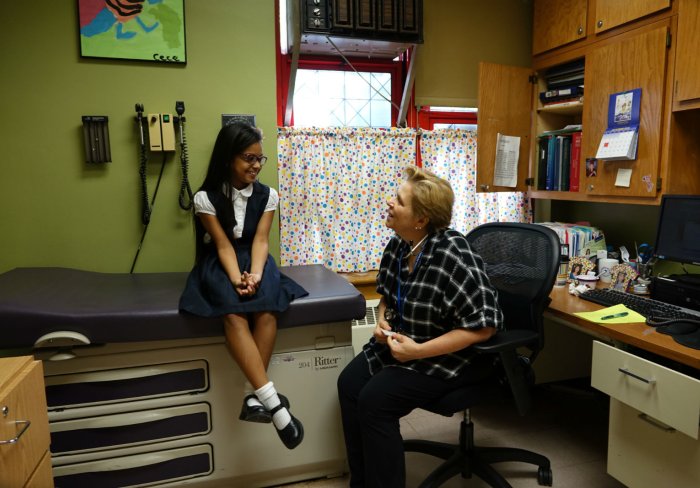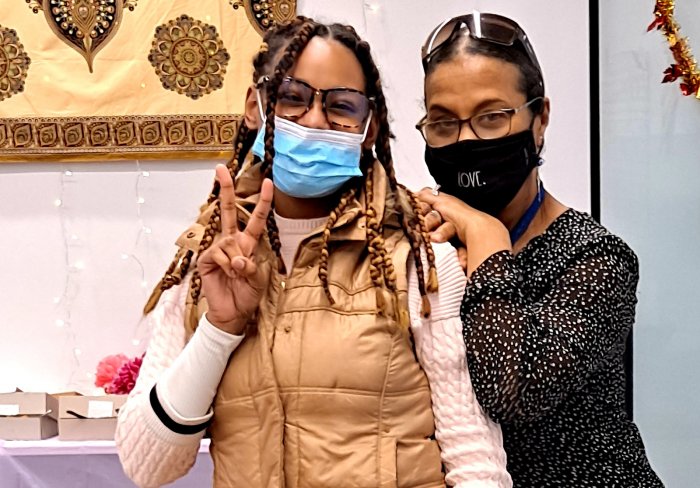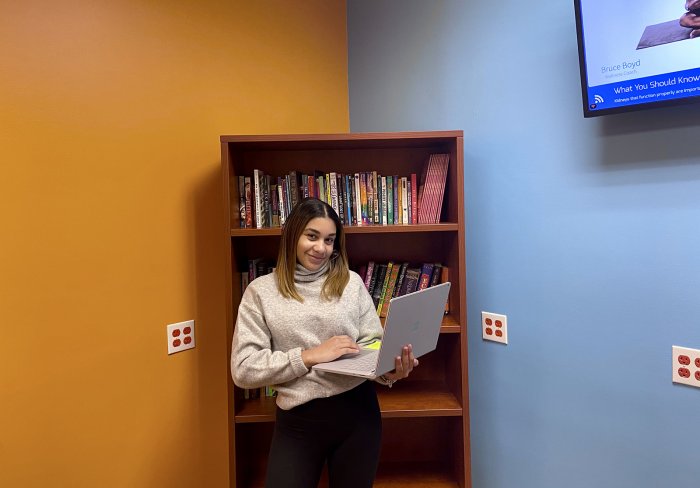The consequences of the COVID-19 pandemic are vast, and they are acutely felt by the thousands of undocumented New Yorkers who do not qualify for government assistance.
Jessica Rodriguez, a case planner for Children’s Aid, works with families who may be struggling with daily challenges and are looking for help to stabilize their homes. In August 2020, Jessica began working with a single mother in Brooklyn who needed childcare for her son, a 7-year-old attending school remotely.
The mother, an undocumented immigrant from Mexico, is a survivor of domestic violence. After spending time in a homeless shelter with her son, she was able to secure housing in an NYCHA development.
Due to the pandemic, she lost her job as a housekeeper and fell behind on rent payments. While millions of New Yorkers relied on unemployment checks to make ends meet, she would travel to New Jersey to pick up housekeeping jobs.
But her trips were sporadic since her first priority was her son and his schooling.
“[Rent] was a very big stressor for her,” Jessica said. “She had a lot of trouble sleeping and she was always anxious.”
Jessica was able to secure a childcare voucher for the second-grader so that her client to focus on finding work. The daycare center was located around the block from her son’s school, which allowed staff to pick him up and escort him to the center once the school day was over.
The client was able to find steady employment in New York without having to leave work early to pick up her son. Though she began making rent payments, it always seemed like the payments were not enough.
Jessica applied for assistance through the New York Times Neediest Cases Fund, which Children’s Aid uses to provide emergency cash assistance to our clients. While that aid was crucial in ensuring the mother could pay her rent, Children’s Aid also worked to solve another problem she was facing.
Johnnymae Williams-Gales, the director of our Office for Client Advocacy, stepped in to help the family clear up issues with inadequate rent assistance from the Human Resources Administration. Her advocacy allowed the client to feel relief once she was current with rent payments.
Courtenaye Jackson, general counsel for Children’s Aid, also worked to get the client long-awaited answers about her citizenship application. After applying in 2015, the mother could not get an accurate update about her status.
“Nobody took the time to talk to her about the process because her attorney kept changing,” Jessica said. “She didn’t really have clear, concise information.”
In most cases, it takes strong teamwork from several departments within Children’s Aid to make sure families have everything they need to succeed. After securing childcare, rent assistance, and finally getting concrete answers about the citizenship process, the mother and her child are thriving, according to Jessica.
“As a case planner, it’s been very joyful to see so many accomplishments,” she said. “I see it in mom. I see it in the child. He wouldn’t really talk. He was really shy and now he doesn’t stop talking. She’s able to manage her stress a lot better and it’s not affecting her sleep. It’s a big difference for both of them.







